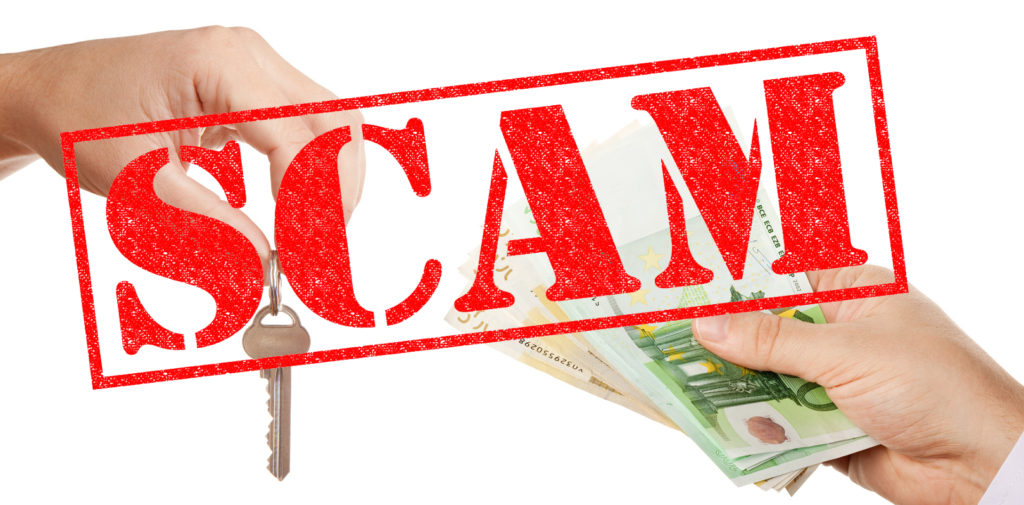
High agent fees are discouraging tenants living in unsatisfactory housing conditions from finding alternative accommodation according to the latest report on the Private Rented Sector.
The report published by the English Housing Survey covering April 2014 to March 2015 found that 69% of tenants living in poor quality homes are discouraged from moving out because of agent fees. In addition to complaints about fees, the report also found that private sector renters are less satisfied with their tenure than owner-occupiers and council housing tenants: overall 65% of private renters reported being satisfied with their current tenure compared to 98% of owner occupiers and 82% of social renters.
Important findings of the report include:
- 40% of private rented sector households were charged agency fees in 2014-2015, up from 34% in 2009-2010.
- 18% of private renters said that they felt some of the fees charged were hidden. 65% of private renters reported paying an administration fee
- 33% paid a finders’ fee, 7% of tenants paid a non-returnable holding fee, 5% paid a returnable holding fee and 4% paid an ‘other fee.’
- The number of private renters who lived in non-decent dwellings rose from 1.1 million households in 2006 to 1.2 million households in 2014.
Surprisingly, despite the entry into force of deposit protection legislation in 2007 as part of the 2004 Housing Act, the Housing Survey found that only sixty four per cent of renters with a Assured Shorthold Tenancy reported that their deposit had been protected despite penalties existing for non-compliance with deposit protection rules.
Under deposit protection legislation, landlords must place tenancy deposits in one of three government-backed deposit protection schemes within thirty days of receipt or face a penalty of between one to three times the deposit amount with the penalty value determined by the seriousness and intent of the landlord’s non-compliance deposit rules. In general greater penalties for failing to protect deposits are awarded against experienced landlords or against landlords who have attempted to avoid protecting deposits for financial gain.
Despite charging for protecting deposits being against the spirit of the deposit protection legislation the Renters Alliance has encountered numerous examples of landlords and letting agents charging renters extra fees to protect their deposits. In one landlord’s forum for example, one landlord reported charging £120 for protecting tenants’ deposits recommending to other landlords that they call similar fees “Admin fees” rather than “deposit fees” for legal reasons.


